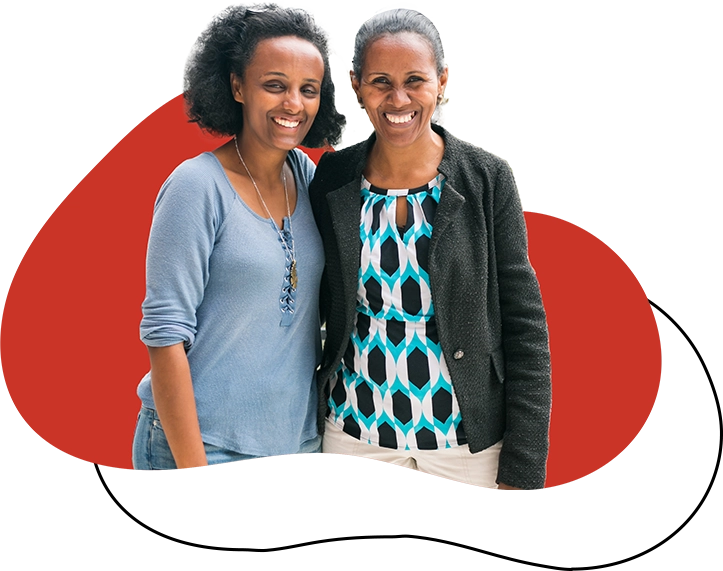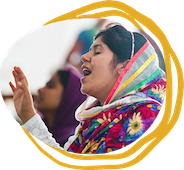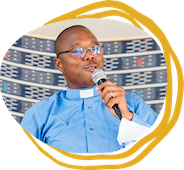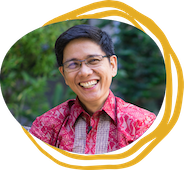Every church deserves a well-trained pastor
80% of pastors in the Majority World lack any formal training. We equip pastors around the world to preach God's Word because this is how God changes lives and communities.

Transforming communities with deeper discipleship
We focus our work on places in the world where the context of the church is characterized by poverty, pressure, and potential. We help local churches become deeply rooted in God's Word so they can provide biblical solutions that address local issues.
What We Do
Train
We nurture indigenous pastor training so church leaders can clearly and faithfully preach God's Word.
Equip
We equip theological leaders to oversee training efforts in their countries.
Publish
We produce resources by local leaders to help pastors better understand the Bible.
Global Resources

Impact Stories
See how God is using your generosity to equip the next generation of Bible teachers around the world.

News & Updates
Explore timely updates and unique perspectives about issues related to the global church.

Global Voices
Read articles, watch videos, and study courses from Christian leaders in Africa, Asia, Latin America, and the Middle East.

Books
Browse and buy books written by pastors and leaders serving on the frontlines of the global church.

Podcasts
Listen to "On Mission with Chris Wright" featuring conversations with Christian leaders around the Majority World.